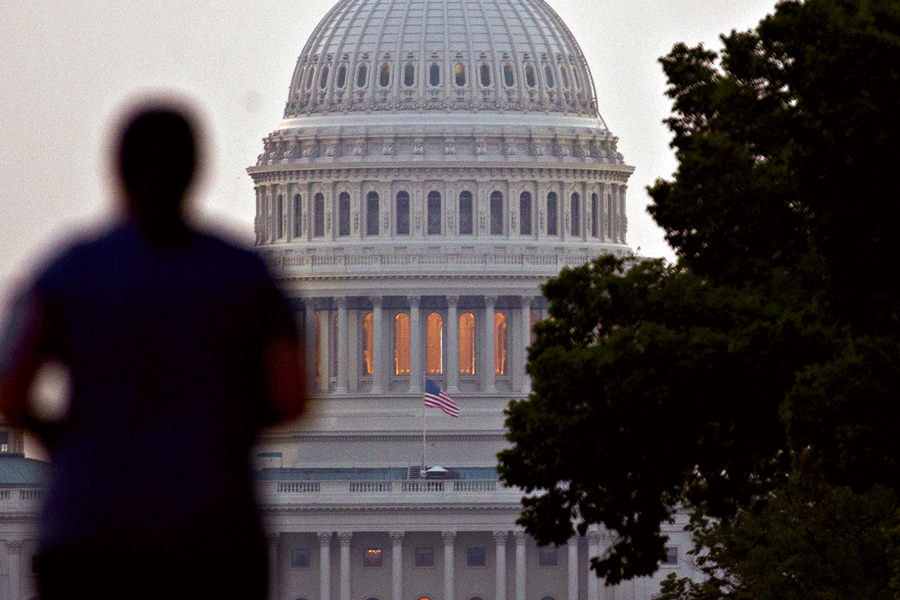

A Senate committee Tuesday unanimously approved major retirement savings legislation that adds to momentum for Congress potentially to pass a comprehensive bill by the end of the year.
The Senate Health Education Labor and Pensions Committee approved on a voice vote the Retirement Improvement and Savings Enhancement to Supplement Health Investments for the Nest Egg, also known as the Rise & Shine Act.
The 79-page bill would expand workplace savings plans, enhance automatic enrollment, enable more part-time workers to participate in retirement programs, allow multiple-employer 403(b) plans, improve fee disclosures for 401(k) plans and increase transparency of lump-sum buyout offers, among many other provisions.
The bill is “the most comprehensive retirement package this committee has considered in a decade,” Senate HELP Committee Chairwoman Patty Murray, D-Wash., said before the panel’s vote. “This bipartisan package tackles a wide range of issues that will help families in my state and across the country get on solid economic footing.”
Murray highlighted a provision that allows employers to establish emergency savings accounts for workers that are linked to defined-contribution plans. She said that policy would help Americans respond to economic shocks like the coronavirus pandemic.
The voice vote to send the bill out of committee to the Senate floor demonstrates that retirement savings continues to be an issue that garners bipartisan support. It is likely to become part of a larger Senate bill that serves as the companion to a comprehensive retirement savings bill, known as SECURE 2.0, approved in the House earlier this year with overwhelming bipartisan support.
“This is a critical milestone toward addressing the anxiety and insecurity that many of America’s workers and retirees have about achieving a financially secure retirement,” Wayne Chopus, chief executive of the Insured Retirement Institute, said in a statement.
Congress must pass a retirement savings bill by Dec. 31, the end of the legislative session. Bills that are not approved by then die and have to be reintroduced in the next Congress, which begins in January.
“We remain optimistic that Congress will send a retirement bill to President Biden this year,” Chopus said. “We are more than halfway through the process, and momentum is on our side. We look forward to working with Senate and House leaders and the White House to get this done.”

The looming threat of federal funding cuts to state and local governments has lawmakers weighing a levy that was phased out in 1981.

The fintech firms' new tools and integrations address pain points in overseeing investment lineups, account monitoring, and more.

Canadian stocks are on a roll in 2025 as the country prepares to name a new Prime Minister.

Carson is expanding one of its relationships in Florida while Lido Advisors adds an $870 million practice in Silicon Valley.

The approval of the pay proposal, which handsomely compensates its CEO and president, bolsters claims that big payouts are a must in the war to retain leadership.
RIAs face rising regulatory pressure in 2025. Forward-looking firms are responding with embedded technology, not more paperwork.
As inheritances are set to reshape client portfolios and next-gen heirs demand digital-first experiences, firms are retooling their wealth tech stacks and succession models in real time.
